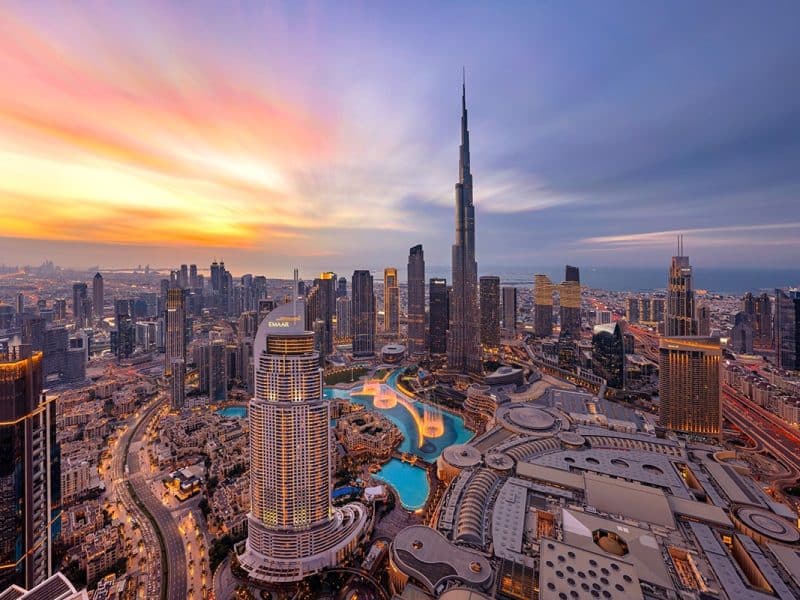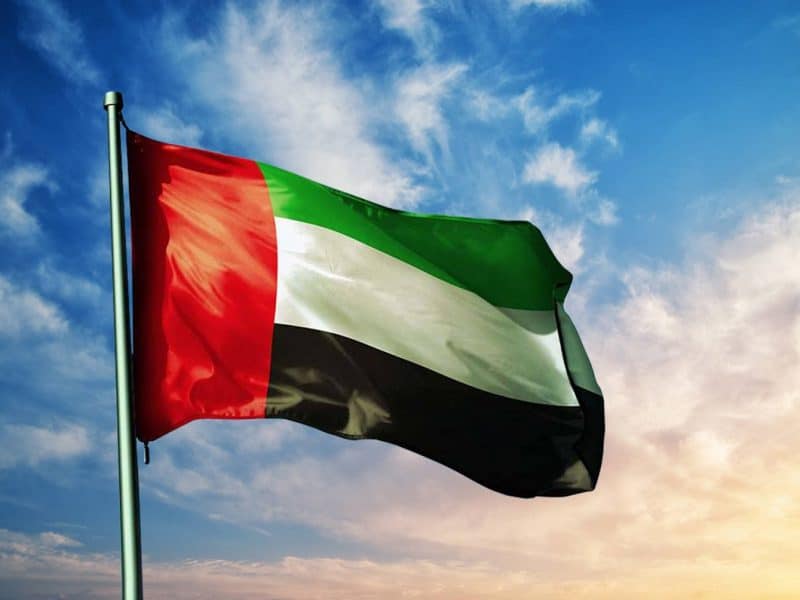With cryptocurrency adoption in the Middle East reaching an all-time high, industry experts shared their insights on whether digital assets are simply a fool’s gold or potentially the future of finance in a panel session moderated by Arabian Business’s editor-in-chief Staff Writer.
“Necessity is the mother of invention,” said Terry Culver, CEO of Matrix.
“I’m struck by a common and fundamental misconception about virtual assets….we often think about visual assets as fundamentally a technological innovation. In truth, it’s really driven primarily by social and economic needs.”
According to the Global Findex, the region experienced a 400 percent growth in alternative finance investments between 2013 and 2016.
Culver reiterated that while work still needs to be done in terms of the technology and regulation, understanding the reasons behind this asset class’s substantial growth is fundamental.
“Some of these reasons may reflect the failures of the current financial system, the growing income disparity across the world, and the absolute hunger by people in both mature and emerging economies that want to participate in the financial system,” he said.
Offering a different perspective, Tone Vays, crypto trader and analyst, said: “If we put Bitcoin aside and we talk about everything else in the crypto space, such as Ethereum, I have always been a little skeptical about the rest.
“While the space is continuing to grow and people continue to invest a lot, I think that it’s not as decentralised as they claim. Eventually, the world would look very similar to the current world, just with different people.”
Sharing how the financial world has advanced beyond their initial doubts, Haydn Hammond, sales director at Invictus Capital, said: “Now we see JP Morgan beginning to offer some clients exposure to certain crypto funds and we’ve seen Morgan Stanley enter the realm. We’ve also seen some of the world’s largest asset managers, including Blackrock, come to the market and banks are transitioning over to the crypto space. The amount of advancements these players are bringing into the crypto space is going to be a substantial driver of price.”
 The region experienced a 400 percent growth in alternative finance investments between 2013 and 2016.
The region experienced a 400 percent growth in alternative finance investments between 2013 and 2016.
“The fact that virtual assets are in the headlines doesn’t mean it’s new – it means that it’s risen to prominence because of investor interest,” added Culver.
“In terms of if they are robust enough to be resilient, I think if you look at the way they’re developing and the amount of capital flowing into the space, these are promising signs.”
The crypto space is growing regionally and globally with regulatory policies being developed along the way as demand for crypto-related financial services grows.
“If we look at whether it is becoming regulated in a way where consumers can be protected, the answer is yes. There’s a thoughtful and forward-looking framework that is setting the standard for these policies,” said Culver.
“I think regulation is going to continue, but I don’t think we should necessarily be afraid… in fact regulations will encourage more institutions to come in because they feel much safer in that environment,” added Joel Dietz, founder of ArtWallet.
With the UAE being a pioneer in terms of instituting regulations that are favourable to innovation and investment, the panellists discussed the likelihood of the UAE being a contender as a global hub for cryptocurrency.
“This is exactly the right place to be for our exchange and business… the policy framework is forward looking and global in nature…there’s also a community of well educated financial experts who are interested in this asset class and can help it grow over,” commented Culver.
“I do think the opportunities are very good in this region, and a lot of people I know in the crypto space have moved out here,” added Vays.
Launched in 2015, the AIM Summit is a platform for discussions on investment developments, global market conditions and latest trends. The AIM Summit acts as a bridge between the West and East through its global network base. It has created an ecosystem of 135,000 fund managers, institutional investors, family offices, sovereign wealth funds and financial associations.






